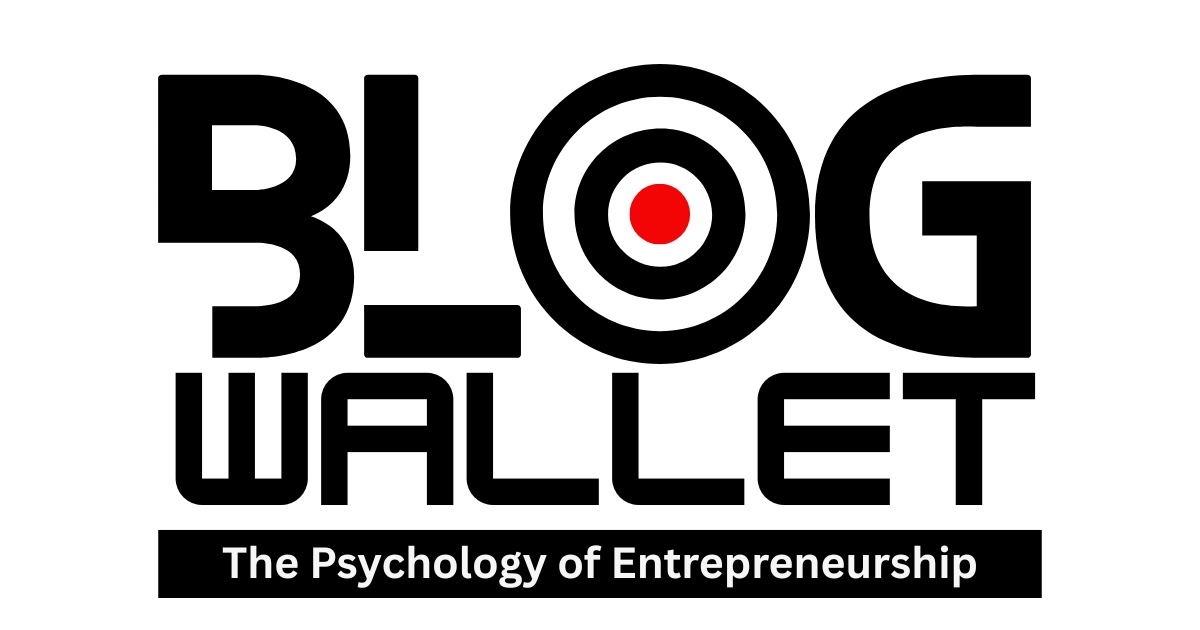
How Teams Can Scale With Critical Thinking Exercises
# How Teams Can Scale With Critical Thinking Exercises
Scaling a business is a complex endeavor that requires not only ambition but also strategic thinking. Throughout my career, I have experienced both success and failure, and I have come to understand that effective scaling involves more than just growth; it requires smart growth. This article will explore how critical thinking exercises can enhance your team’s capabilities and drive your organization toward sustainable success.
## Understand Your Value Proposition
The first step in scaling effectively is recognizing the value that your team brings to the organization. This understanding is foundational for any business. In my early career, I often undervalued my contributions while pursuing financial goals. It is essential for each team member to identify their unique strengths and the specific value they add to the organization.
To facilitate this process, encourage your team to engage in exercises that help them articulate their contributions. This could include listing their skills, experiences, and the impact they have had on previous projects. By recognizing their worth, team members can better understand how to leverage their strengths for the benefit of the organization.
## Take Action and Avoid Procrastination
Procrastination can be detrimental to business success. Time is a valuable resource, and wasting it can lead to missed opportunities. In my experience, every moment spent hesitating can feel like a financial loss. It is crucial to implement exercises that encourage your team to make quick, informed decisions.
Consider creating time-sensitive scenarios where team members must respond promptly. This approach not only fosters a sense of urgency but also helps individuals develop their decision-making skills. By practicing in a high-pressure environment, your team will become more adept at navigating real-world challenges.
## Maintain Professional Boundaries in Hiring
Hiring friends may seem appealing, but it can complicate professional relationships and decision-making. Building a scalable team requires a commitment to professionalism and objectivity. I learned this lesson the hard way, and it is vital to instill this understanding in your team.
Encourage team members to participate in role-playing exercises that emphasize the importance of maintaining professional boundaries. These activities can help them recognize the difference between camaraderie and the need for objective judgment in the workplace. Fostering a culture of professionalism will ultimately strengthen your team’s ability to collaborate effectively.
## Focus on Innovative Ideas Rather Than Stagnation
Chasing unproductive clients or engaging in toxic projects can hinder growth. It is essential for your team to learn how to identify when to disengage from unproductive endeavors. I once invested significant time in a client that ultimately proved to be a dead end, which taught me the importance of recognizing when to pivot.
To cultivate this skill, simulate scenarios where teams must evaluate the viability of projects. Following this, conduct ideation workshops that encourage creative thinking and exploration of new opportunities. Shifting the focus from the sunk cost fallacy to innovative possibilities will empower your team to pursue more fruitful ventures.
## Embrace Uncertainty and Adaptability
The journey of business growth is often unpredictable. Throughout my career, I have encountered numerous unexpected challenges and opportunities. Embracing uncertainty and developing resilience are crucial for navigating the complexities of business.
Engage your team in scenario planning exercises that test their adaptability. These activities can help them understand that the path to success is rarely linear. By learning to embrace the unexpected, your team will be better equipped to seize opportunities and overcome obstacles.
## Conclusion
In summary, scaling a business requires a combination of strategic thinking and effective team dynamics. By incorporating critical thinking exercises into your team’s routine, you can enhance their capabilities and foster a culture of innovation. Remember that growth is not solely about reaching new heights; it is also about making informed decisions and learning from experiences.
As you guide your team through this journey, keep in mind that the lessons learned along the way can lead to significant victories. Focus on smart scaling, lead with passion, and never underestimate the importance of open communication. By doing so, you will empower your team to make a lasting impact in your organization.
